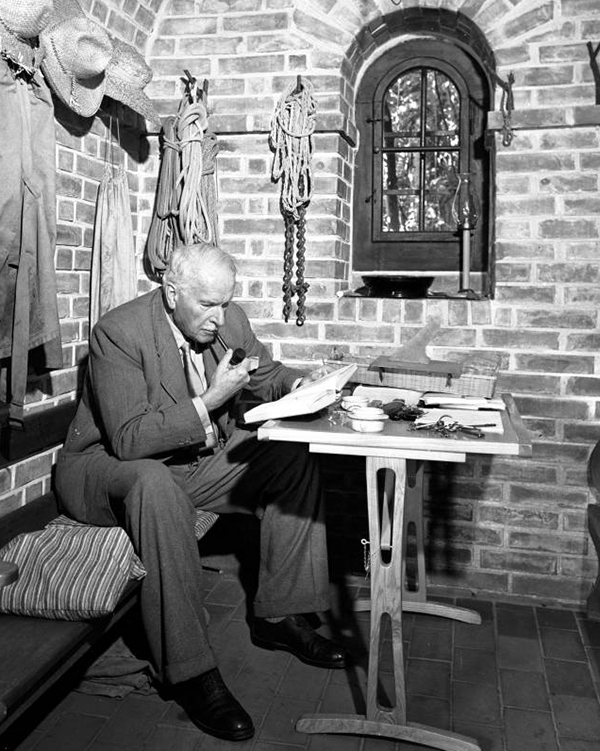
“It is highly important for the analyst to admit his lack of understanding from time to time, for nothing is more unbearable for the patient than to be always understood.”
— C.G. Jung, , Modern Man in Search of a Soul
The analytic approach of members of the CGJIC varies with the individual analyst and the individual client. It is difficult (and counterproductive) to force rigid classifications onto either analysts or analysands. Most of the analysts of the CGJIC work broadly within the classical Jungian framework. Core features of Jungian analysis (e.g. the importance of working with the archetypal level of the psyche, integration of the unconscious, the individuation process and development of an appropriate relationship with the Self) are essential components of our work. Consistent with Jung’s own flexibility around clinical work and consideration of the needs of individual clients, however, other mental health and non-mental health approaches may be used to support the analytic work with individual clients. Members of the CGJIC might, for examples, directly address an analysand’s maladaptive defenses, promote relaxation techniques, address transference issues and early developmental influences, support concurrent enrollment in Alcoholics Anonymous (AA) or the appropriate use of medication if needed. The important question for the analyst (and analysand) to consider is whether these ancillary efforts support the analytic process and the analysand’s individuation. The clinical approach of many analysts in the CGJIC therefore can be considered a classical one that integrates from other fields what is relevant and helpful for the analysand’s individuation.


